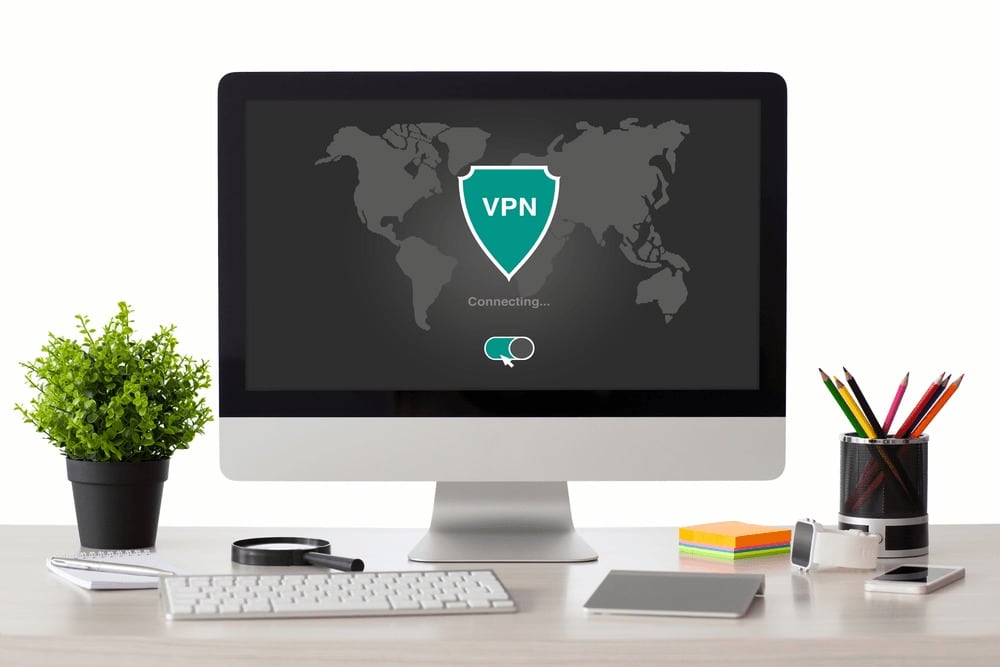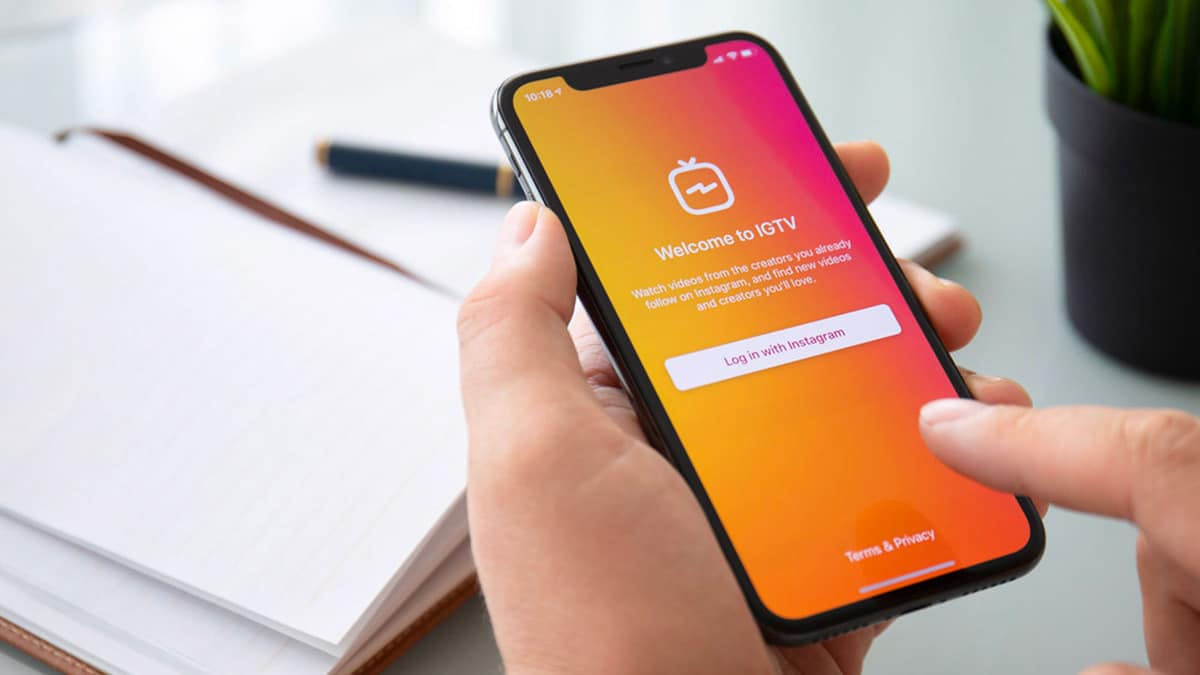For many internet users, virtual private networks (VPNs) are essential tools to protect privacy and security online. But how safe are VPN connections from being hacked or compromised? Let‘s take an in-depth look at the encryption underpinning VPN security and see if savvy cybercriminals have any ways to break through these defenses.
VPN Encryption Explained
To understand if VPNs can truly be hacked, we first need to unpack how VPN encryption actually works to scramble and secure your data.
VPNs rely on a number of standard encryption algorithms like AES, RSA, and SHA to encrypt data passed between your device and a remote VPN server. AES provides symmetric key encryption that uses a single private key to encrypt and decrypt data. RSA public-key encryption uses two keys – a public key to encrypt and private key to decrypt. And SHA cryptographic hash functions validate data integrity.
Combined, these create a strong multi-layered encryption standard that would take an impossible amount of brute computing force to break. For example, most VPNs use an AES 256-bit encryption key. That‘s over 340,000,000,000,000,000,000,000,000,000,000,000,000 encryption key combinations. Even hundreds of thousands of supercomputers running for billions of years couldn‘t crack that kind of encryption through brute force alone.
Here‘s a quick comparison of common VPN encryption protocols and their core features:
| Protocol | Encryption | Authentication | Other Features |
|---|---|---|---|
| OpenVPN | AES 256-bit | RSA 2048-bit | Perfect forward secrecy, TLS |
| IKEv2/IPSec | AES 256-bit | Pre-shared key | Dead peer detection, NAT-T |
| WireGuard | ChaCha20 | Curve25519 | Built-in perfect forward secrecy |
This military-grade encryption means your VPN traffic should be secure from prying eyes. But sophisticated hackers are crafty, patient, and have access to significant resources. Does that mean VPN connections could still potentially be hacked? Let‘s look at some possible attack vectors.
Potential Weak Spots Hackers Could Exploit
Despite strong encryption standards, there are still spots determined hackers could potentially exploit to break into VPN traffic and connections:
Weak or Vulnerable Encryption Protocols
While AES and other modern encryption standards used by VPNs are very robust, some older legacy protocols like PPTP have known flaws. Attackers could potentially break PPTP‘s 128-bit MPPE encryption in under a day in some cases. Using outdated protocols is like locking your door with a rusty master lock from the 1960s – it provides a false sense of security.
VPN Software Bugs & Misconfigurations
VPNs rely on complex client and server software. Like all software, bugs and misconfigurations can creep in, especially in lower quality VPN providers. Flaws in how encryption keys are generated or exchanged provides ripe targets. For example, vulnerabilities like CVE-2018-0495 in some Cisco VPN software allowed remote code execution via malicious IV values. Proper auditing and patching is critical.
Server-Side Attacks
Gaining low-level access to VPN servers, such as through compromised admin credentials or a backend intrusion, provides opportunities to intercept traffic by tapping into the servers before encryption is applied or after it is removed. Strict access controls and infrastructure isolation limits damage from potential breaches.
Endpoint Attacks
Hacking into a user‘s device using malware or exploits allows traffic to be intercepted after VPN decryption or before encryption is added. This underscores the importance of comprehensive endpoint security including firewalls, antivirus software, and patched operating systems.
Handshake & Authentication Weaknesses
Faulty implementations of initial VPN handshake and authentication protocols could potentially allow man-in-the-middle attacks or bypassing of encryption. Weaknesses here enabled attacks like CVE-2019-1563 against Palo Alto Networks tools. Proper authentication and handshake security is key.
Metadata & Traffic Analysis
Even with unbreakable encryption, other less obvious data like packet timing, sizes, connection IP addresses, and transmission volume can still leak and potentially identify user traffic patterns. VPNs should take care to mask metadata wherever possible.
Government Demands
Government agencies like intelligence services can demand VPN providers hand over data, compromise encryption, or share access. Providers operating solely within problematic legal jurisdictions may have little choice. Choosing providers outside areas of concern reduces this kind of geopolitical risk.
Rogue Insiders
Unethical VPN company employees like disgruntled sysadmins could sniff traffic or steal user data by abusing backend access privileges. Strict least-privilege access policies and personnel vetting help mitigate insider threats.
Best Practices for Robust VPN Security
To keep these attack vectors at bay, leading commercial VPN providers incorporate a litany of security best practices:
- No traffic logging to eliminate sensitive metadata that could be compromised
- Diskless RAM-only servers to prevent forensic disk analysis if servers are seized
- Regular independent audits to detect flaws before hackers exploit them
- Bug bounty programs that encourage ethical hacking to find and report weaknesses
- Infrastructure spread across jurisdictions to prevent single country coercion
- Strict access controls and role separation for employees and admins
- Frequent software updates and patches to stay on top of latest vulnerabilities
- Strong 2FA customer authentication to prevent account hijacking
- Cloud platform diversity to limit impact of single provider exploits
- Traffic shaping and sandboxing to thwart packet injection attacks
- Configuration hardening like disabling legacy ports and protocols
And many other protections to keep their infrastructure as hardened and secure as possible against the various avenues of attack.
Choosing a Trustworthy VPN
For users, carefully vetting your VPN provider is equally important. Warning signs of untrustworthy providers include free VPN services, lack of audits or transparency, unclear ownership or jurisdiction, outdated technology, and excessive data logging.
Leading paid services based outside surveillance-friendly jurisdictions that follow best practices tend to be among the most trusted. But perfectly secure networks don‘t exist. Enabling all available VPN protections like kill switches, IPv6 and DNS leak protection, and split-tunnelling guards also helps keep your connections watertight.
Comprehensive endpoint security is also key – use antivirus, firewalls, encrypted DNS, a password manager, and other tools to keep malware and hackers away from decrypted data.
Can VPNs Be Hacked? The Bottom Line
Hacking a properly configured commercial VPN would require the technical prowess and resources of a nation state agency – an NSA or Chinese MSS level adversary. The encryption underlying VPNs provides a very sturdy shield against prying eyes. But gaps in technology or user security could still potentially allow some leakage. By understanding the technology and making informed security decisions, users can enjoy a high degree of online anonymity. But vigilance is always necessary when it comes to protecting your digital presence.






